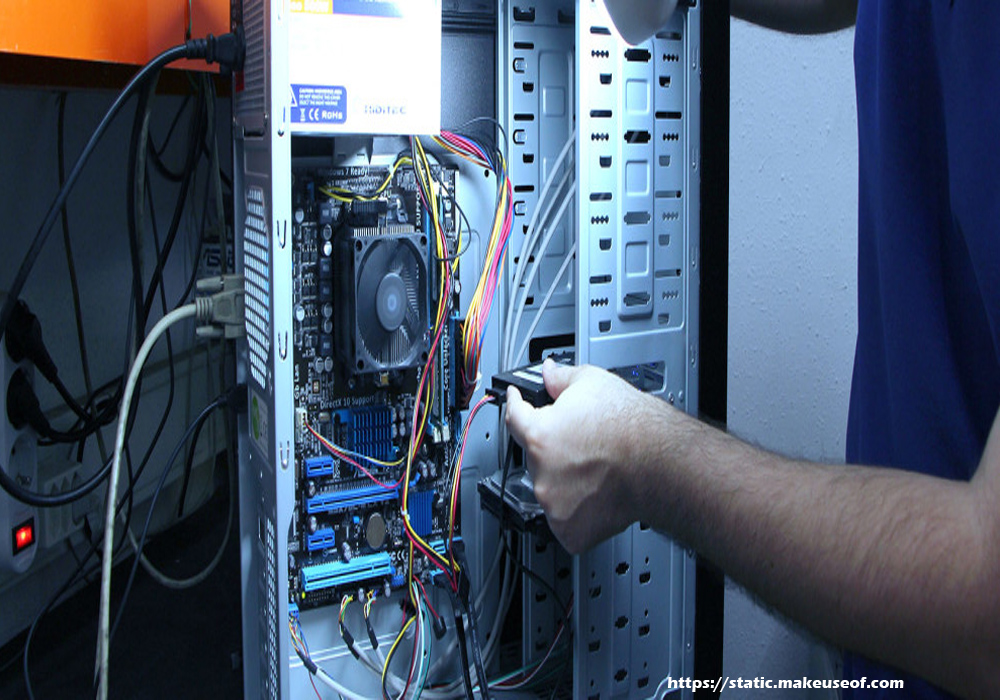 Wealthy Castagna – the VP of Editorial, Storage – shares his candid, professional, and typically very funny view on today’s storage marketplace. Dataquest has predicted that the commanding DAS 95% storage market share of now will be eclipsed by NAS over the next five years, and IDC projects that especially designed NAS goods will develop fivefold, from $1 billion in 1998 to $five billion by 2002.
Wealthy Castagna – the VP of Editorial, Storage – shares his candid, professional, and typically very funny view on today’s storage marketplace. Dataquest has predicted that the commanding DAS 95% storage market share of now will be eclipsed by NAS over the next five years, and IDC projects that especially designed NAS goods will develop fivefold, from $1 billion in 1998 to $five billion by 2002.
SAN is more similar to DAS than NAS, with the major dissimilarity being that – DAS is a one-to-one sort of relationship between the host and the storage, but SAN is a kind of many-to-many relationship involving the host program and the storage.
In this way, a group of servers could have their individual direct-attached storage grouped collectively into a virtual storage appliance (VSA). So now that we know a little bit more about DAS, we’ve gone ahead and added a RAID card to our Super Desktop. Conceptually this is nearly identical to the external USB challenging drive, except alternatively of a USB cable connection, a NAS will (normally) be employing an Ethernet connection — or at least some networking cable.
Right now, higher than 95% of all personal computer storage devices such as disk drives, disk arrays and RAID systems are straight attached to a client laptop or computer by means of different adapters with standardized computer software protocols such as SCSI , Fibre Channel and other individuals.
The essential difference between DAS and NAS (network-attached storage) is that DAS storage is only directly accessible from the host to which the DAS is attached. The major downside to straight attached storage is that it’s a devoted resource for (usually) a single pc, and it can not be managed more than a network. At this point, you may decide on to designate your award-winning 6TB Super Desktop as the temporary storage medium for all your information migration projects in the future. Direct Attached Storage is a great starting point for private cloud, database clusters, rich media servers and mass storage specifications. Chapter 6 brings the pieces together in a conclusion made to aid CIOs and network administrators identify the finest total option for their specific enterprise storage requirements.










